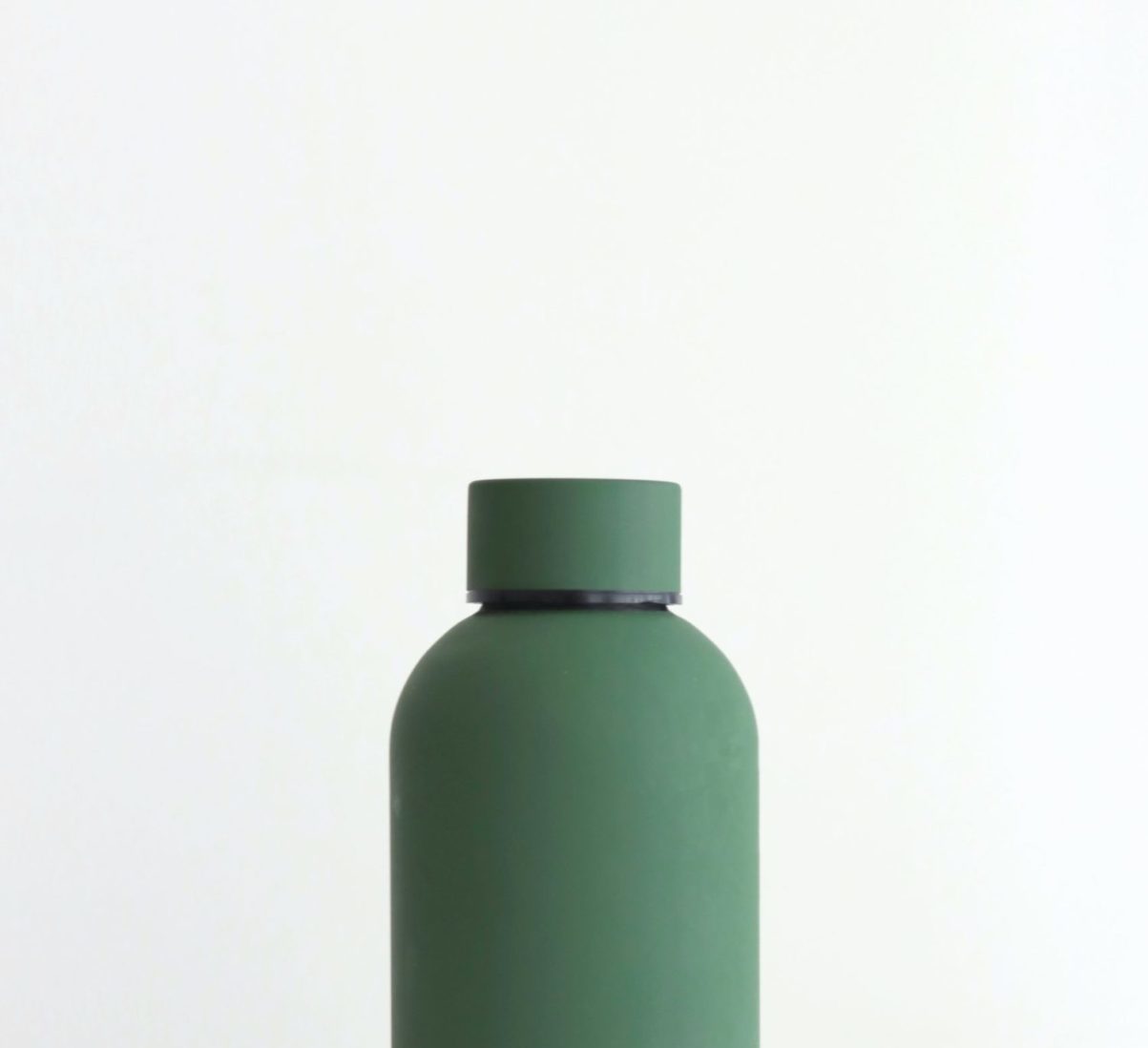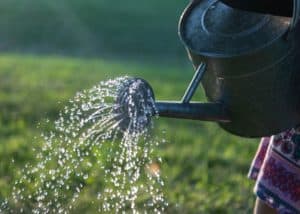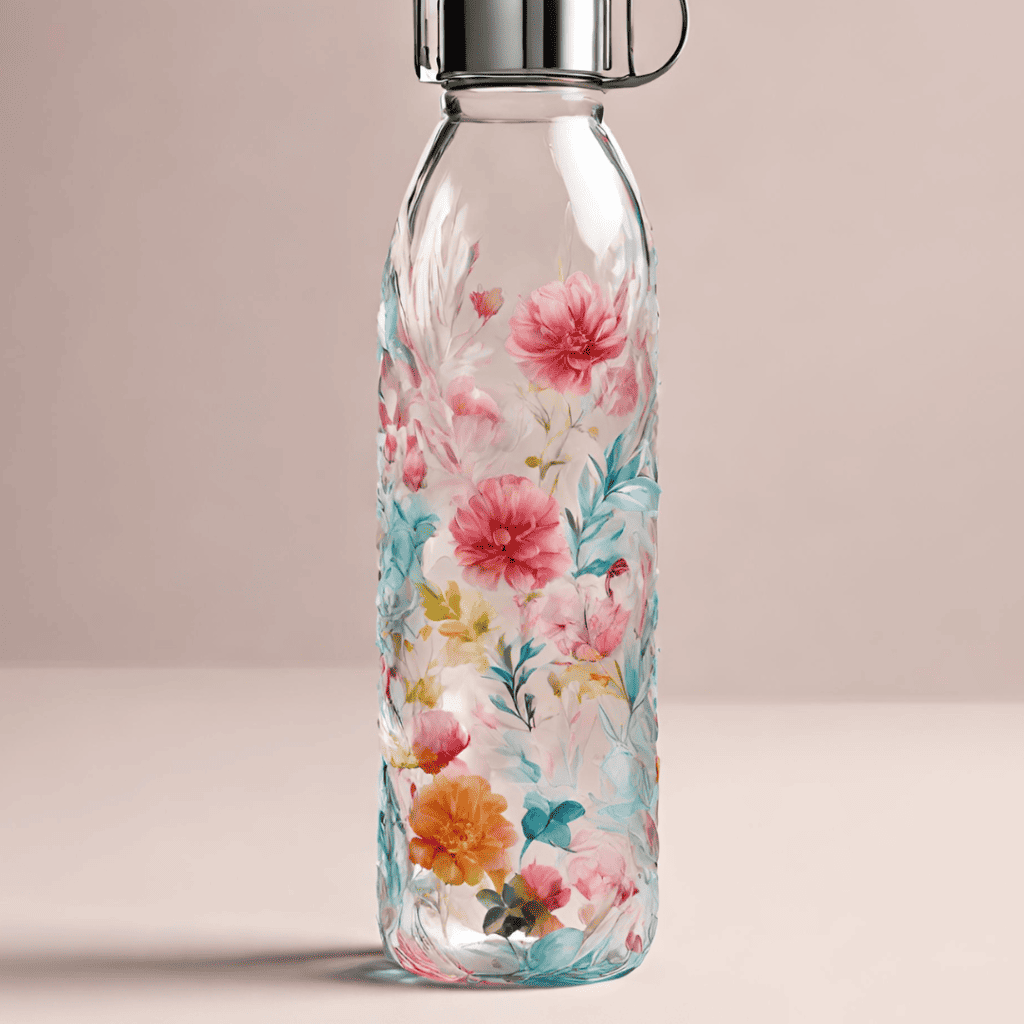Practical tips for water haters and those who struggle with hydration and/or their bowel movements.
Fun Fact: The human body is roughly 50-60% fluids and not unlike a house plant we all need regular and thoughtful hydrating to be well nourished.
As we move through the day, hydration can tend to take a back seat, and we can forget the impact that being adequately hydrated can have on our health and experience of well-being. In this blog we will explore the importance of hydration, signs of dehydration, and practical tips for maintaining optimal fluid levels.
Hydration: Why it’s important
Being well hydrated can support us in many ways including with our:
- Bowel movements: Adequate fluid intake will help keep stools soft and work to prevent constipation.
- Brain Function: Our brains are predominantly water—about 95%. Even a slight 1-2% drop in hydration levels can impact cognitive functions (1)
- Joint Lubrication:Water provides essential lubrication to joints, enhancing flexibility and reducing discomfort.
- Muscle Health: Given that muscles are approximately 75% water, being well hydrated can reduce the risk of muscle injuries and cramps as well as maintaining endurance and while moving.
- Heart health: Well-hydrated bodies facilitate efficient blood circulation, ensuring oxygen and nutrients reach muscles and organs while expelling waste products (2). When we are dehydrated our blood becomes thicker, causing strain on the heart to work harder to facilitate blood circulation. So hydration supports overall heart health.
- Keeps us cool: Staying hydrated allows our body’s cooling mechanism (sweating) to work. Sweating safeguards against heat-related issues like exhaustion, and heat stroke.
Signs of dehydration
Sometimes we don’t realise we are dehydrated but here are some signs of dehydration:
- Thirst
- Dry mouth
- Headache, lack of energy
- Brain fog
- Darker-coloured urine (yellow or gold coloured) ***especially helpful if contacting your body signals and cues feels difficult or less accessible to you
- Constipation
- Increased body temperature
- Muscle cramping
- Nausea
How much should I drink?
The general daily water intake recommendation is 2.1 litres for adult women and 2.6 litres for men (3). In hot climates or during exercise, your body loses more water through sweat, meaning you will need to replenish the lost fluids. Certain medical conditions, pregnancy and breastfeeding also require adjustments to water consumption.
“How do I know if I am hydrated?” So glad you asked.
You’re likely well hydrated if you experience the two criteria below:
- You listen to your body’s thirst cues and drink in response
Thirst cues can include both thirst (craving for fluids) and a dry mouth
- Your urine has a straw colour/ light yellow vs a dark color
Tips for those with difficult digestion
Consider having fluids between meals instead of during. This helps you better connect with your hunger and fullness cues. Secondly, try opting for sipping rather than gulping down fluids to avoid swallowing air as this reduces bloating risk. Sipping also promotes more effective water absorption by the body. You might also consider experimenting with a couple of days without carbonated beverages to see how this feels for your digestion if you are someone who typically consumes these drinks regularly.
Too much of a good thing?
Drinking excessive amounts of fluid has not been shown to help with constipation.
In fact drinking too much water, while quite rare, can be harmful. So, even though hydration is essential, it’s important not to overdo it.
Will caffeine dehydrate me?
Research does not support the idea that regular consumption of caffeine-containing beverages leads to fluid loss exceeding the volume ingested or is linked to poor hydration (5–7). While a temporary increase in urine production may occur, particularly in those who recently abstained from caffeine, this effect is short-lived and effectively balanced by the body’s regulatory mechanisms. In essence, evidence indicates that moderate caffeine consumption, such as 4 cups of coffee or 5-8 cups of tea does not result in dehydration.
Needing to consume large amounts of caffeinated drinks on a regular basis to get through the day offers a gentle invitation to press pause and get curious. Are there needs you might you have that caffeinated drinks are trying to fill (but ultimately can’t)?
Top tips for water haters and anyone who struggles with hydration
It can be difficult to remember to drink and tune into bodily thirst cues. Here are some tailored tips for support if this is you.
- Intentionally include hydrating foods (eg: watermelon, cucumber, tomatoes)
- Make or keep some popsicles in the freezer as quick sources of hydration
- Consider temperature preferences and experiment with cold or room-temperature fluids based on individual sensory needs
- Create a hydration routine by drinking water at specific times to provide structure and predictability. You can do this by:
- Setting phone timers to remind you to drink
- Schedule times to drink into your phone calendar (eg: 30 minutes for lunch every day)
- Using hydration apps
- Getting a water bottle buddy (or buddies)
- Insulated non plastic is great
- If on a budget, thrifting can be a good option
- Use visual reminders:
- Place sticky notes with reminders to drink where you’ll see them
- Rather than keeping one water bottle or cup with you, you can have multiple bottles ready to go (eg: filled bottles stashed in a place that are easy to see, water bottles on the counter top, cups at work).
- A clear water bottle or a bottle with marked volumes can give you a visual sense of how much you’ve drunk
6 ways to make water less boring
(It can be very boring self care to stay hydrated)
You don’t need to rely on just plain water to stay hydrated. Here are some tips to bring some more enjoyment to your experience of staying hydrated!
- Add flavour to your water by adding rose water, mint, slices of lemon, limes, oranges, berries, cucumber
- Use sparkling water if you prefer the bubbly experience (note that this can exacerbate bloating and gas)
- Find a tea you enjoy and add a tea bag to your water bottle (cold infusion)
- Freeze small fruit chunks like berries or grapes and use them as ice cubes
- Have a smoothie to pair with your snacks
- Add a splash of fruit juice for flavour to taste (eg: apple, grape, mango, cranberry, pomegranate).
Adequate hydration is essential for overall well-being, from impacting our bowel movements to our joint function and more. Recognising signs of dehydration, understanding your individual hydration needs, and finding some strategies that are workable for you can help you nourish yourself with hydration.
Written by Dietitian Misa Mojarrabi.
- Riebl SK, Davy BM. The Hydration Equation: Update on Water Balance and Cognitive Performance. ACSMs Health Fit J. 2013 Nov;17(6):21–8.
- González-Alonso J, Calbet JA, Nielsen B. Metabolic and thermodynamic responses to dehydration-induced reductions in muscle blood flow in exercising humans. J Physiol. 1999 Oct 15;520 Pt 2(Pt 2):577–89.
- National Health, Medical Research Council. Eat for health. 2021 [cited 2023 Dec 15]. Water. Available from: https://www.eatforhealth.gov.au/nutrient-reference-values/nutrients/water
- El-Sharkawy AM, Sahota O, Lobo DN. Acute and chronic effects of hydration status on health. Nutr Rev. 2015 Sep;73 Suppl 2:97–109.
- Ruxton CH, Hart VA. Black tea is not significantly different from water in the maintenance of normal hydration in human subjects: results from a randomised controlled trial. Br J Nutr. 2011 Aug;106(4):588–95.
- Maughan RJ, Griffin J. Caffeine ingestion and fluid balance: a review. J Hum Nutr Diet. 2003 Dec;16(6):411–20.
- Armstrong LE, Casa DJ, Maresh CM, Ganio MS. Caffeine, fluid-electrolyte balance, temperature regulation, and exercise-heat tolerance. Exerc Sport Sci Rev. 2007 Jul;35(3):135–40.






